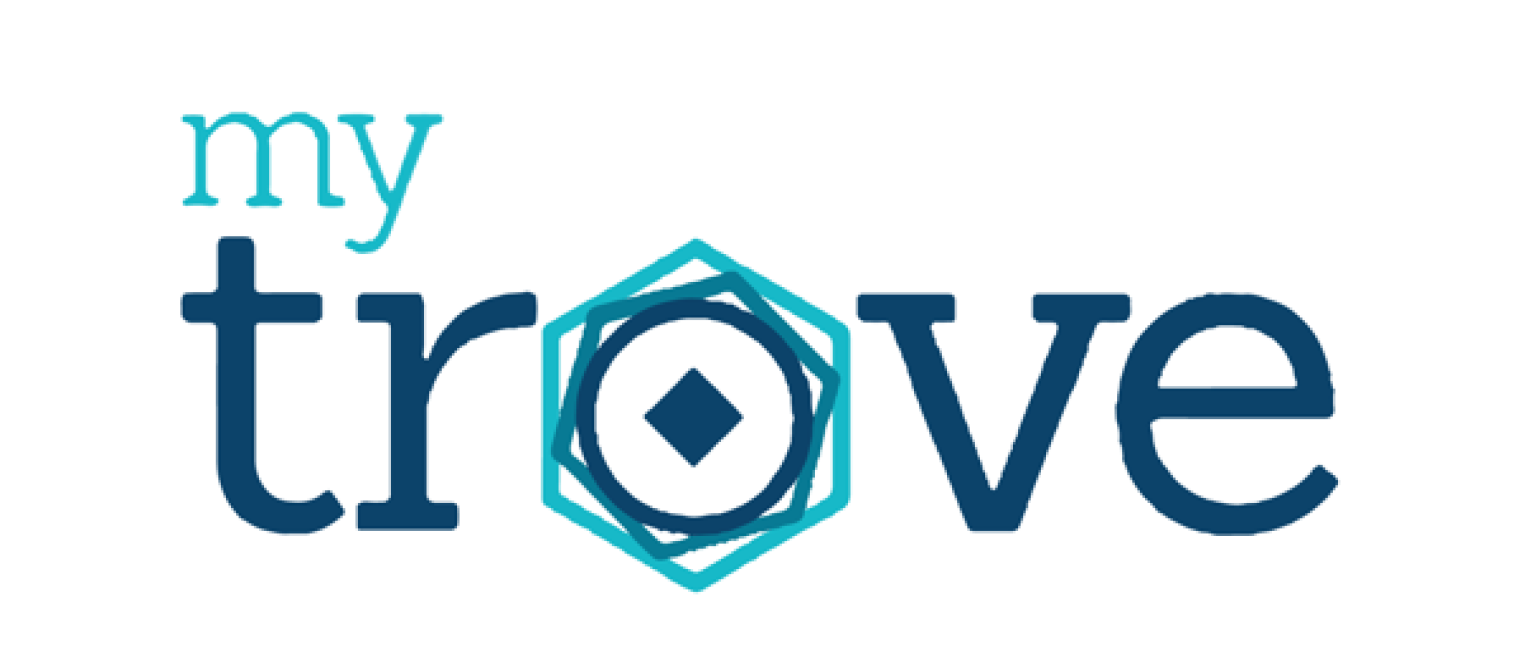
Guidance after a loved one passes. What to do and where to start.
Losing someone is never easy. There’s so much to take in, and it’s not always clear where to begin.
If your loved one has a small estate (under $40,000), you may not need to apply for probate — but figuring out what to do next can still feel overwhelming. We’re here to help you understand what happens next — from arranging the funeral to managing the estate.
What to do first
Take time to grieve. When you're ready, here’s a step-by-step guide:
Inform close family and friends, co-workers and wider relatives.
Check for a copy among personal documents or with Public Trust if it was stored there. The will outlines the deceased’s wishes and names the executor.
If your loved one left a will, it may include their funeral wishes. If not, you’ll need to make decisions about the service.
Costs you’ll need to plan for
When someone dies, there are a few key costs to be aware of:
Funeral costs – typically between $8,000 and $10,000
Cemetery or cremation costs – for a plot, headstone, plaque or urn
Estate administration costs – for legal and professional support to settle the estate
Funeral and burial costs are usually paid upfront. These are often the first expenses to manage.
Other costs may come up during estate administration – like legal fees, bank charges, valuations or property sales. If your loved one set up a Prepaid Funeral Trust, that may help cover funeral costs. Otherwise, the estate usually pays, or in some cases the family may need to contribute.
If Public Trust is named executor, we take care of this process for you. Learn more about estate administration when public trust is executor here.
What happens next
After the funeral, the estate needs to be managed. This includes:
How long does it take?
Estate administration takes time; most estates are settled within 9-12 months.

Need help notifying organisations after someone has died?
MyTrove is a free online service that helps you notify multiple organisations – like the Department of Internal Affairs, Inland Revenue, banks or insurers – using one simple form.
It saves you time by reducing paperwork and removing the need to contact each organisation separately with the same information.
You can complete the process yourself or nominate someone else to do it for you.
Visit MyTrove and follow four easy steps to get started. Together, Public Trust and MyTrove aim to make this experience as supportive and straightforward as possible.
Here's what others have asked
Here if you need help
If you need any help with the estate administration process, get in touch below, we'd be happy to help.